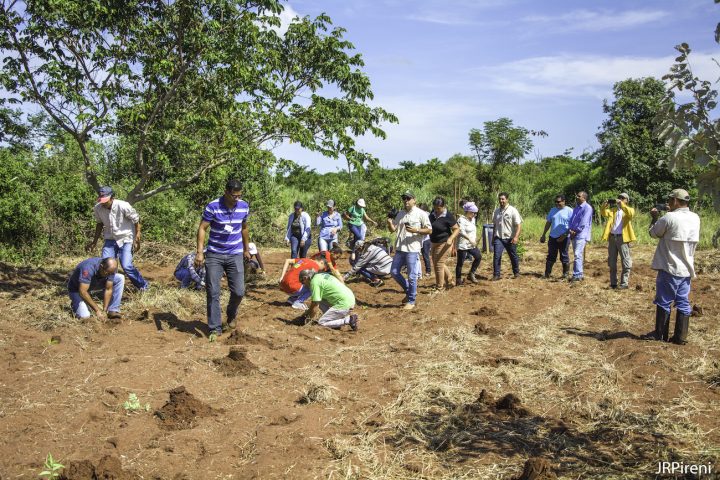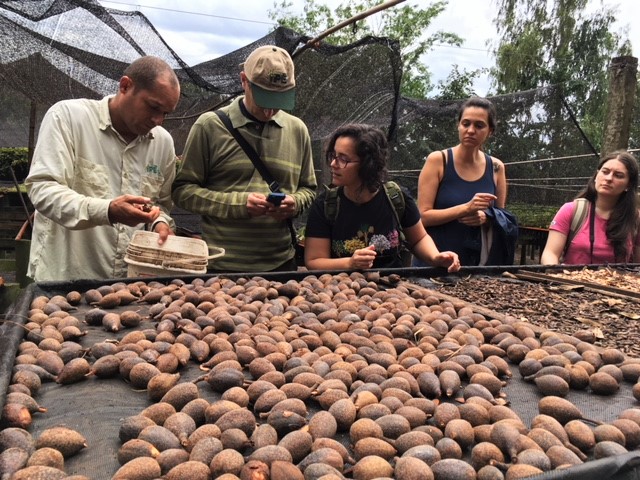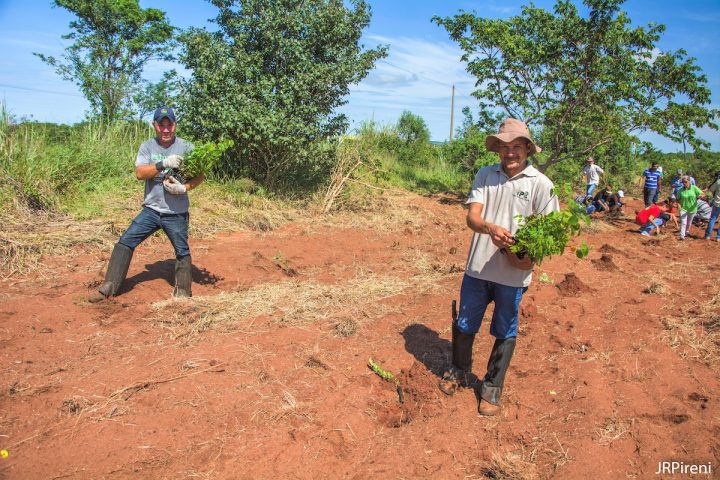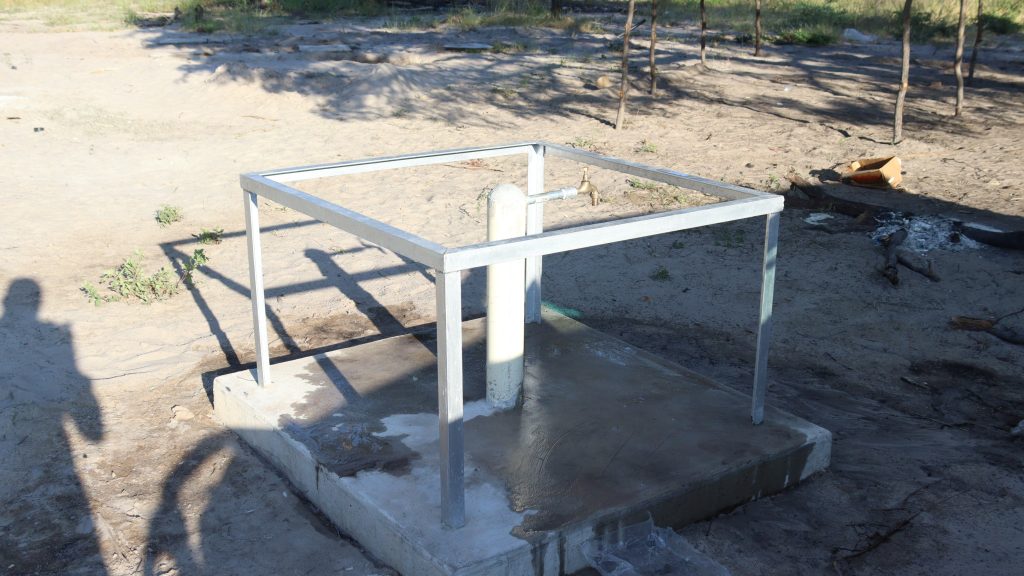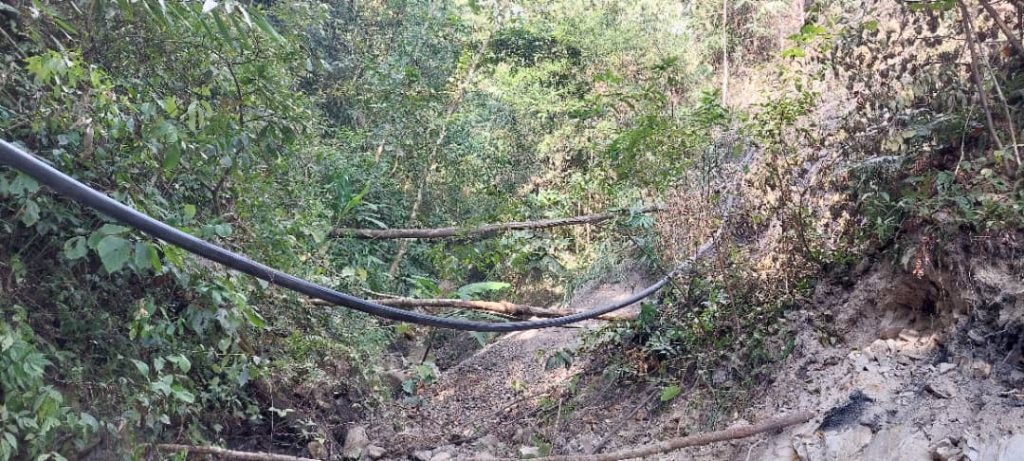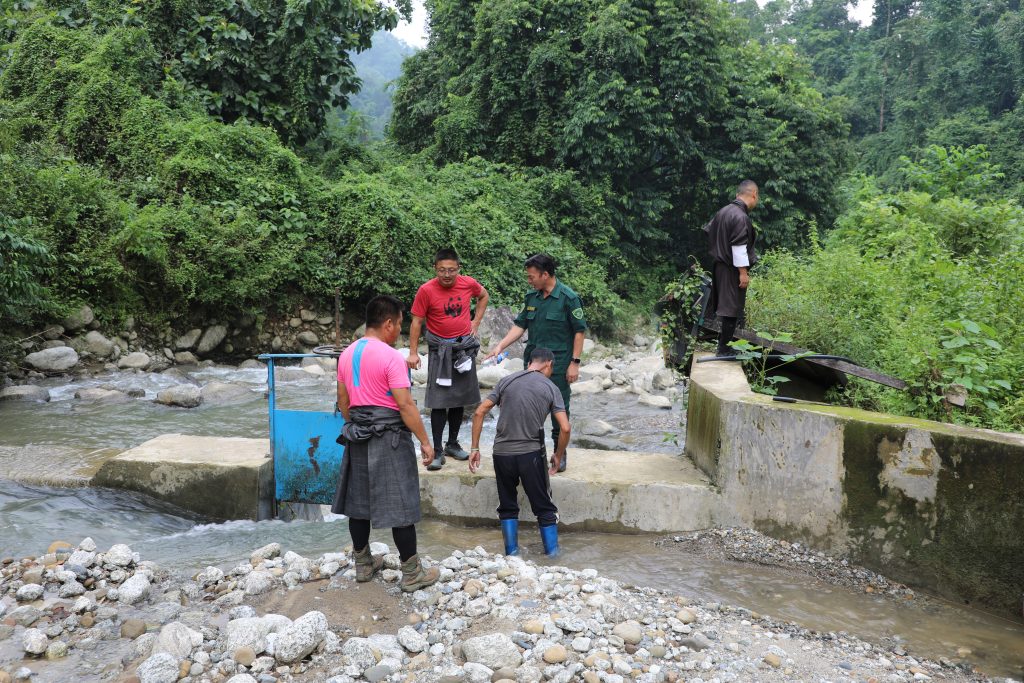Purpose
Restore a local watershed and improve habitat connectivity.
CLIMATE IMPACTS
Community members from Pontal do Paranapanema report the following impacts:
Drying of rivers, springs and streams
Reduced crop production
due to drought, heat and pests
Reduced pasture
for livestock due to dry conditions
Increased human-wildlife conflict
and degradation of natural habitat
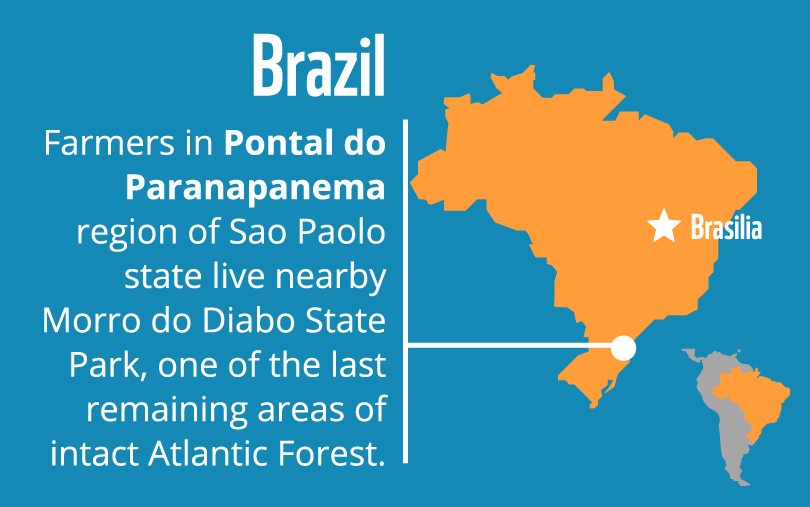

Activities
Participatory planning
Stakeholders chose a parcel of degraded land bordering the Black Lion Tamarin Ecological Station for reforestation.
Hiring of local contractors
Conduct soil preparation using plowing, sorting and manual removal of grasses/other exotic species.
Capacity building
Project organizers conducted lectures and training workshops in communities bordering the protected area.
Materials
Sourcing of seeds including both native and fast-growing pioneer species from local nurseries.
Reforestation
Through community mobilization, seedlings were planted at the start of the rainy season and spaced 6.5 feet apart, with 8 feet between each row.
Participatory monitoring
Project staff and stakeholders tracked the growth of planted trees and conducted maintenance, including site visits to perform ant control, prevent invasion of grasses and replant more than 200 trees to replace those that did not survive.
project outcomes
project design
The Pontal do Paranapanema region has grown hotter and drier in recent years, making it difficult to grow crops and find sufficient food for livestock. Wildlife are also feeling the effects, with more venturing onto farms in absence of suitable habitat. WWF and the Institute for Ecological Research (IPE) joined forces to restore a local watershed and improve habitat connectivity through community-based reforestation. Once mature, a newly planted tropical forest will provide direct benefits to people such as water provision services, decreased damage from wind storms, carbon sequestration and protection from soil degradation. The new forest will also serve as an important habitat corridor for local wildlife, including the endangered black lion tamarin, as well as ocelots, jaguars, monkeys, and armadillos, and create a buffer zone for The Black Lion Tamarin Ecological Station.

